IBEC project wins funding from the AECC
 An IBEC group’s project was granted funding from the Fundación Científica de la Asociación Española Contra el Cáncer in their 2017 Ayudas LAB AECC call.
An IBEC group’s project was granted funding from the Fundación Científica de la Asociación Española Contra el Cáncer in their 2017 Ayudas LAB AECC call.
Nuria Montserrat’s group will work together with researchers from other Barcelona institutes and one of the city’s major hospitals on the project ‘Generation of Isogenic Models of Clear Cell Renal Cell Carcinoma using CRISPR-engineered Kidney Organoids, for the identification of diagnostic biomarkers’. They will receive support over a three-year period from the AECC Scientific Foundation, whose ‘Ayudas LAB’ funds emerging groups to carry out projects in cancer that have obvious translational possibilities.
The project will develop a human model to study clear cell renal cancer, the most common type of kidney cancer. At present, there are no human models for this cancer, nor for the identification of early biomarkers, which would shed light on the molecular mechanisms of how the cancer starts and allow doctors to diagnose it and start treatments earlier.

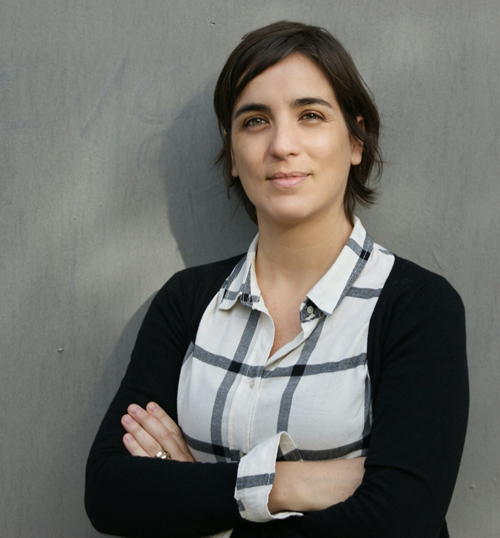
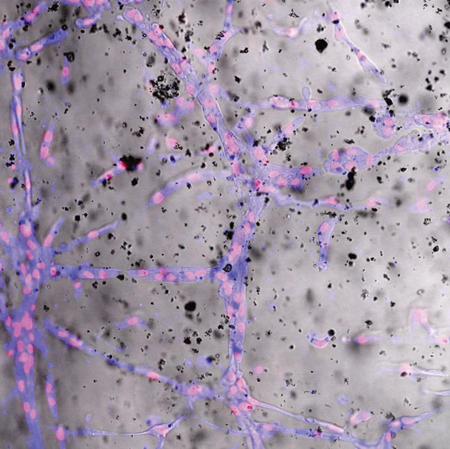

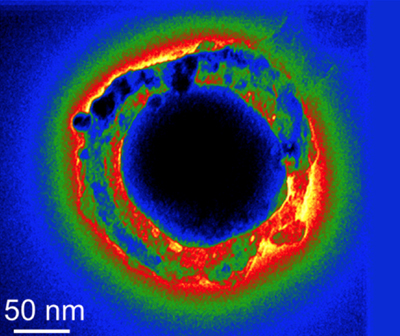


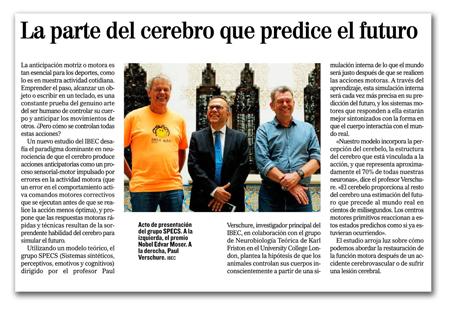
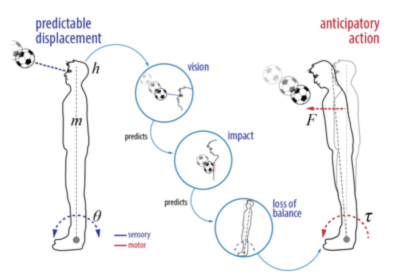

 Application Deadline: 31/01/2018
Application Deadline: 31/01/2018